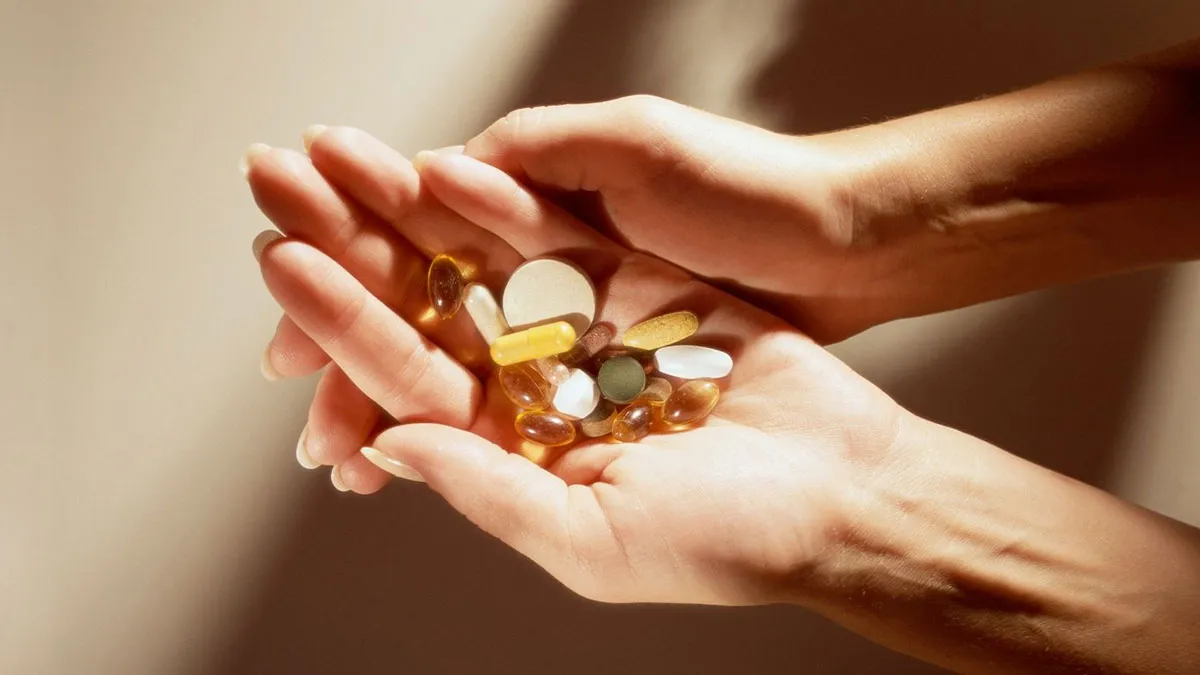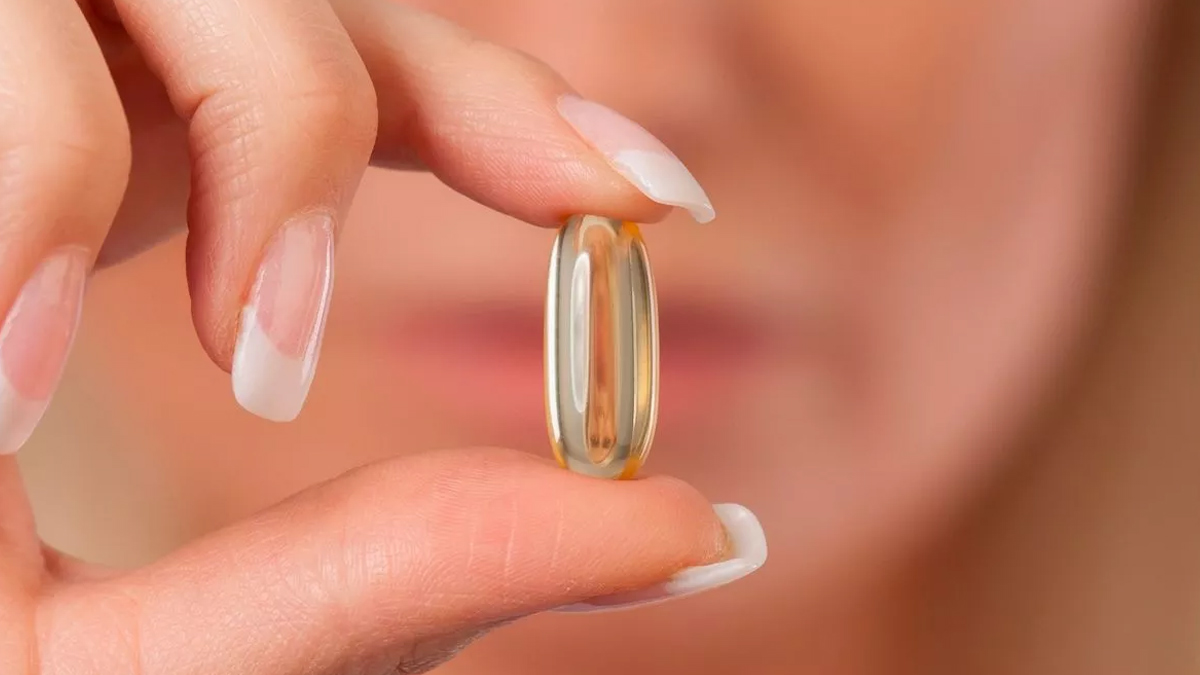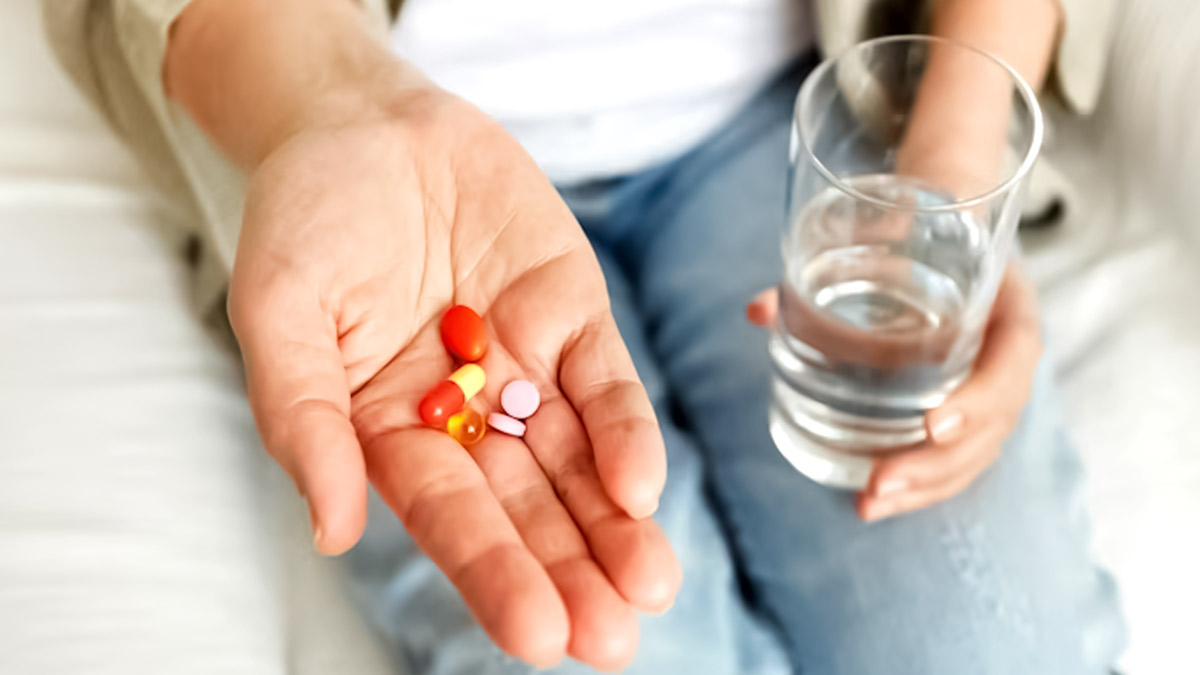
In a world where personal wellness and self-care are at the forefront, the world of dietary supplements is now a part of the daily regimen of many individuals. From probiotics and multivitamins to rare herbal extracts, the market is saturated with products claiming better health, increased vitality, and protection from diseases. Behind the glitzy packaging and appealing endorsements, however, is a question that many need to ask: Is your supplement regimen helping you, or is it harming you?
Table of Content:-
We got in touch with our expert. Dr Shrey Kumar Srivastav, General Physician and Senior Consultant, Sharda Hospital - Noida, explained that, “Although supplements can be useful in filling in nutritional loopholes, the industry is unregulated, and there is so much misinformation that caution is necessary. It is tempting to get caught in the ‘more is better’ trap or to diagnose and treat oneself based on a Google search. But with such risks involved, this is not advisable.” Here is everything he shared with us.
Hidden Dangers of Supplement Overload
According to Dr Srivastav, a few of the many hidden dangers supplement overload may include:
1. Toxicity of Nutrients
Although necessary for health, vitamins and minerals are toxic in excess. Fat-soluble vitamins (A, D, E, K) are sequestered within the body, and excess is likely to accumulate and create problems. Excess vitamin A, for example, causes liver damage, whereas too much vitamin D causes hypercalcemia, which can damage your kidneys and heart. Even water-soluble vitamins, although excreted, become problematic in high concentrations.

Also Read: Why Is Exercise Important After C-Section? Expert Explains!
2. Drug Interactions
One of the most neglected and harmful dimensions of supplement consumption. Supplements frequently interact with prescription drugs, either synergistically (resulting in overdose) or reducing their effectiveness.
- Blood Thinners: Supplements such as ginkgo biloba, garlic, ginger, and high-dose vitamin E can enhance bleeding risks when combined with anticoagulant medications such as warfarin.
- Antidepressants: Experts believe that some supplements may interact with antidepressants, possibly causing serotonin syndrome, which is a dangerous condition.
- Diabetes Medications: Certain supplements may cause blood sugar to drop, and when taken with diabetes medication, it could lower blood sugar too much (hypoglycemia).
- Immunosuppressants: Some herbs can cross-react with the medications that are used following organ transplants or for autoimmune conditions.
3. Contamination and Adulteration
The supplement market is not regulated as stringently as the pharmaceutical market. This can result in undeclared ingredients, contaminants, or even prescription medication in products. Supplements spiked with steroids, stimulants, or heavy metals are not infrequent and pose serious health consequences. Some items can also have significantly lower or higher levels of the promoted constituents than claimed on the label.
4. Cover-Up of Underlying Health Problems
Using supplements to solve symptoms in lieu of a medical diagnosis may cause delays in the discovery and treatment of serious underlying health problems. For instance, continual tiredness may be a sign of thyroid problems or anaemia, rather than the absence of specific vitamins.
5. Allergic Reactions and Side Effects
Even ‘natural’ supplements can induce allergic reactions in some people. Nausea, gastrointestinal upset, headaches, and skin rashes are frequent side effects of many supplements.

Also Read: Can You Use Retinol And Sunscreen Together In Summer? Find Out Here
Who is Most at Risk?
Although anyone can be affected by supplement side effects, some groups are especially susceptible:
- People Taking Multiple Medications: The greater the number of drugs you take, the greater the likelihood of possible interactions with supplements.
- Chronic Health Conditions Individuals: Pre-existing conditions may be worsened by improper supplement use.
- Pregnant and Breastfeeding Women: Most supplements have not been tested for safety in these populations and may endanger the mother or child.
- Children and Older Adults: These groups of people tend to have disparate metabolic rates and sensitivities, and are thus more vulnerable to harmful effects.
How to Practice Safe Supplementation
The goal isn't to demonise supplements but to encourage a responsible and informed approach. Here's how to safeguard your health:
1. Consult Your Doctor or a Registered Dietitian First
This is the most crucial step. Before adding any new supplement to your regimen, discuss it with your healthcare provider. They can assess your individual needs, potential deficiencies, and whether a supplement is truly necessary. They can also check for potential interactions with your current medications and health conditions.
2. Prioritise a Balanced Diet
Supplements should complement, not substitute, a well-balanced diet. Prioritise obtaining most of your nutrients from whole foods: fruits, vegetables, lean proteins, and whole grains.
3. Do Your Research, but Critically
Online material is useful, but use credible sources. Seek out scientific research (peer-reviewed), reports from reputable health bodies (e.g., WHO, NIH), and professional medical websites. Exercise caution when some sensational claims and testimonials seem too good to be true.
4. Select Reputable Brands
Pick supplements that are third-party tested by companies such as NSF International, USP (U.S. Pharmacopoeia), or ConsumerLab. These labels guarantee the product has been purity tested, potency tested, and quality tested.
5. Read Labels Carefully
Read the ingredients list, dosage, and usage recommendations carefully. Watch out for proprietary blends, which don't give the exact quantity of each ingredient.
6. Begin with a Low Dose
If you do choose to use a supplement, begin with the minimal effective dose and titrate upwards as necessary, with the supervision of a health professional.
7. Be Wary of 'Natural' Claims
The term 'natural' doesn't necessarily mean safe or effective. Poison ivy is natural, yet you wouldn't eat it.
8. Report Adverse Reactions
If you find any strange symptoms after taking any supplement, stop it and tell your doctor at once.
Bottomline
Finally, although the temptation of quick solutions and improved health via supplements is immense, a wise and educated approach is necessary. Your health is worth too much to be gambled with. With a focus on a well-nourished diet, seeking advice from health care professionals, and making wise decisions, you can make sure that your supplement use truly benefits your health, not endangers it.
Also watch this video
How we keep this article up to date:
We work with experts and keep a close eye on the latest in health and wellness. Whenever there is a new research or helpful information, we update our articles with accurate and useful advice.
Current Version